Beyond Protein Powder: 8 Unconventional Protein Sources to Supercharge Your Muscle Gains
In the quest for muscle gains, protein is the undisputed king. Traditionally, protein powders have reigned supreme in fitness circles, praised for their convenience and efficacy. However, as our understanding of nutrition expands, so too does our curiosity about alternative protein sources. This exploration goes beyond the shaker bottle to uncover the unconventional protein sources that not only diversify your diet but also potentially enhance your muscle-building efforts. Each source offers unique benefits and fits seamlessly into various dietary preferences, making them worthy contenders in your nutrition arsenal. Let’s delve into these hidden gems that promise to supercharge your muscle gains.
1. Edible Insects: A Sustainable Protein Powerhouse
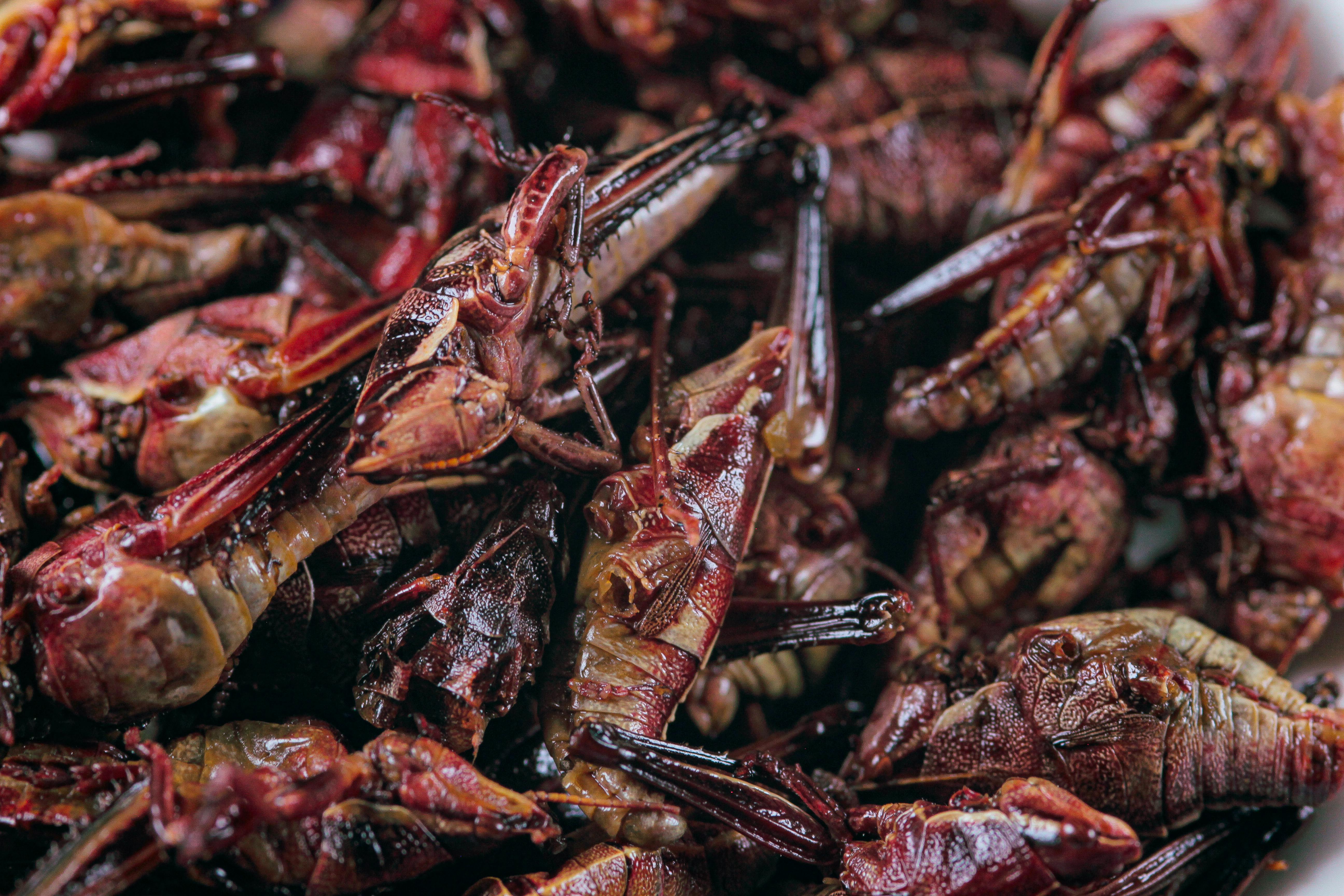
Edible insects are gaining attention as a sustainable and nutritious protein source. Packed with essential amino acids, vitamins, and minerals, insects like crickets and mealworms offer a protein content comparable to traditional meats. Their environmental footprint is significantly lower, requiring less land, water, and feed than livestock. The nutty flavor of roasted insects can be a delightful addition to salads or smoothies. With growing acceptance and availability in various forms, such as protein bars and powders, insects provide an innovative way to meet protein needs while supporting eco-friendly practices.
2. Spirulina: The Ancient Algae with Modern Benefits
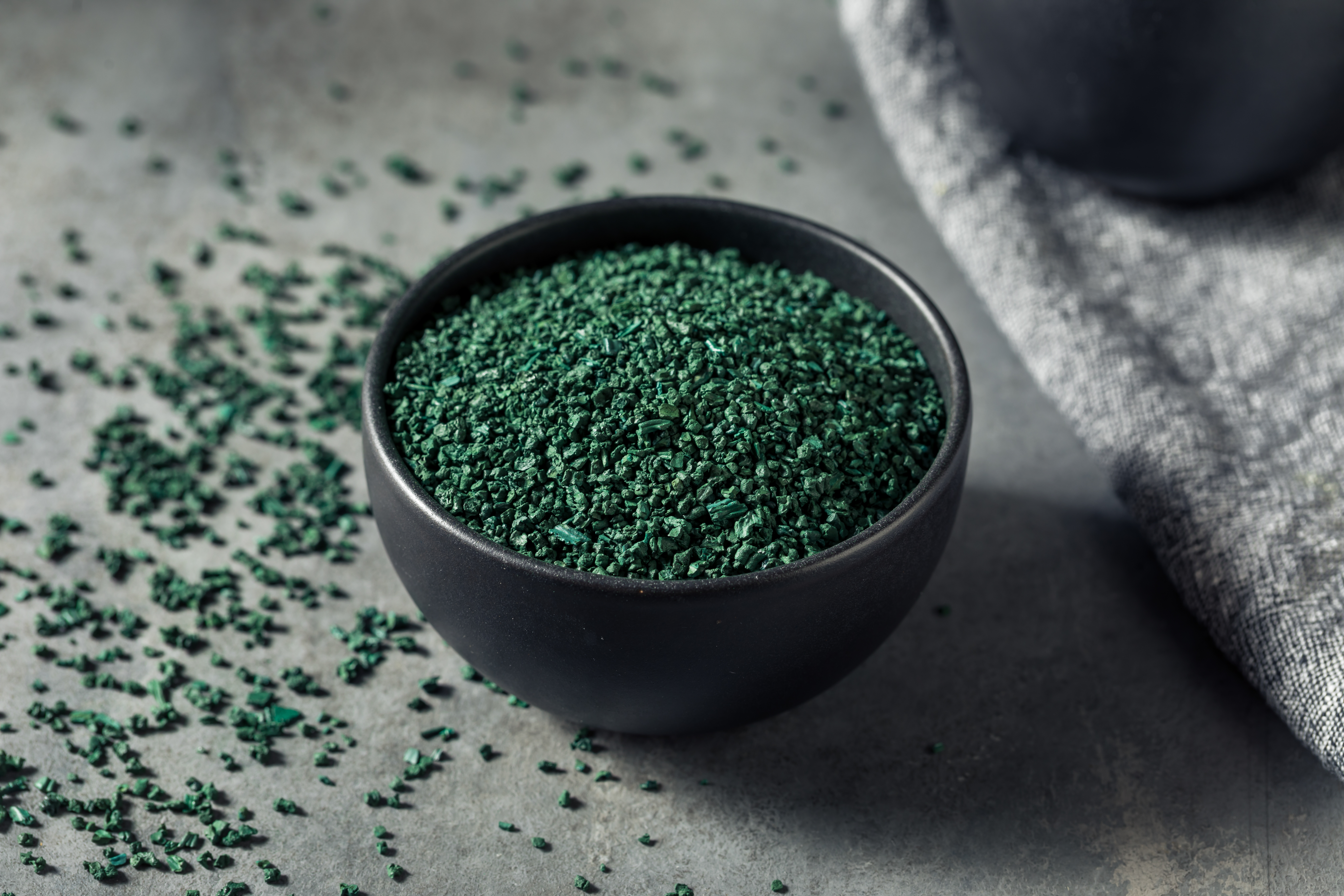
Spirulina, a blue-green algae, has been consumed for centuries and is now recognized for its impressive nutritional profile. It boasts a protein content of about 60-70%, making it a potent protein source. Rich in antioxidants, vitamins, and essential fatty acids, spirulina supports overall health and muscle recovery. Its versatility allows it to be added to smoothies, juices, or even baked goods. As a complete protein, spirulina provides all essential amino acids, making it an excellent choice for vegetarians and vegans looking to enhance their protein intake naturally.
3. Hemp Seeds: Tiny Seeds with Big Protein Potential
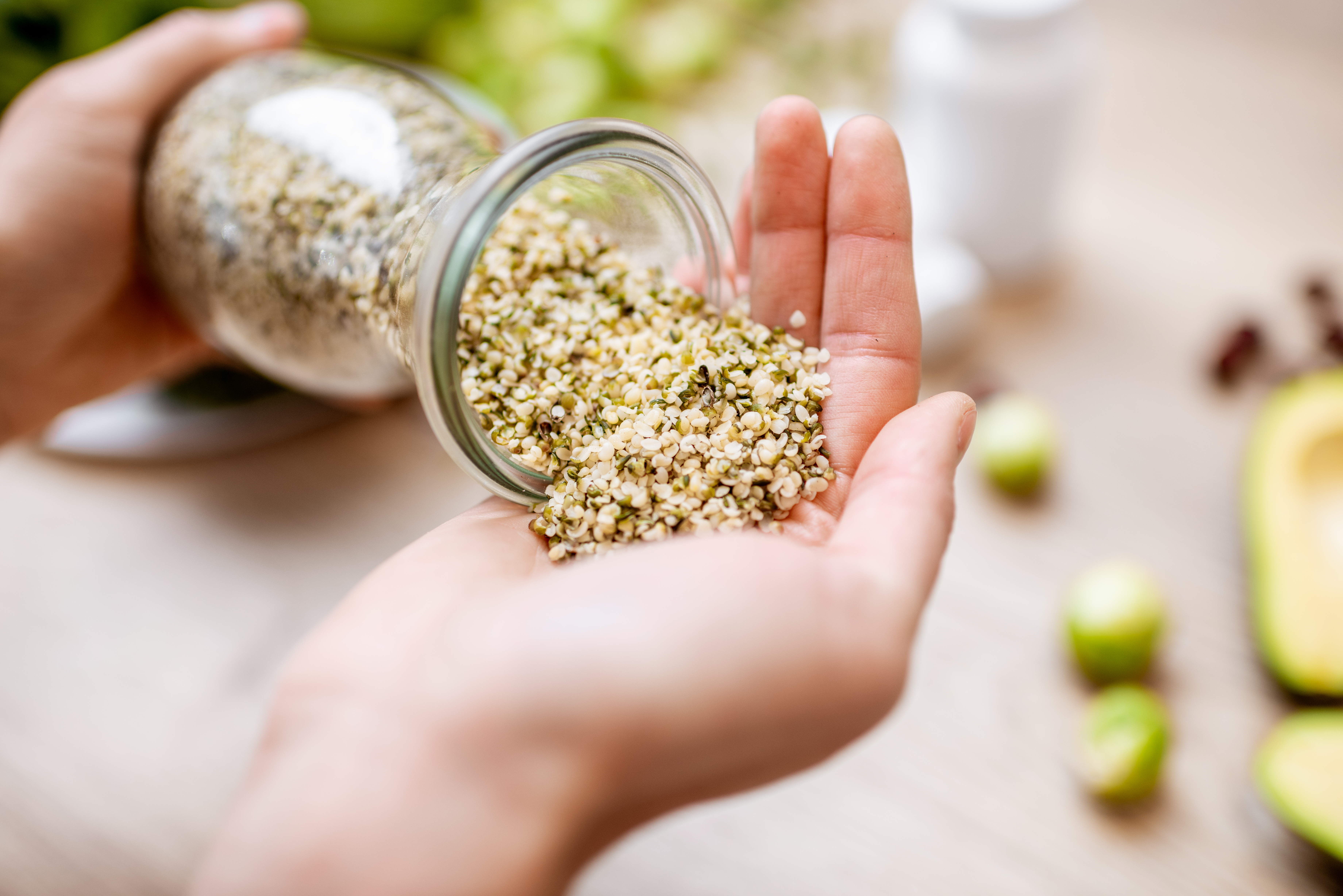
Hemp seeds are a nutritional powerhouse, offering a complete protein profile with all nine essential amino acids. They contain about 25% protein by weight and are rich in omega-3 and omega-6 fatty acids, which support heart health and reduce inflammation. Their nutty flavor and crunchy texture make them a perfect addition to salads, yogurt, or smoothies. Hemp seeds are also a great source of fiber, promoting digestive health. As a plant-based protein, they are ideal for those seeking to diversify their protein sources while adhering to a plant-based diet.
4. Quinoa: The Ancient Grain with a Modern Twist
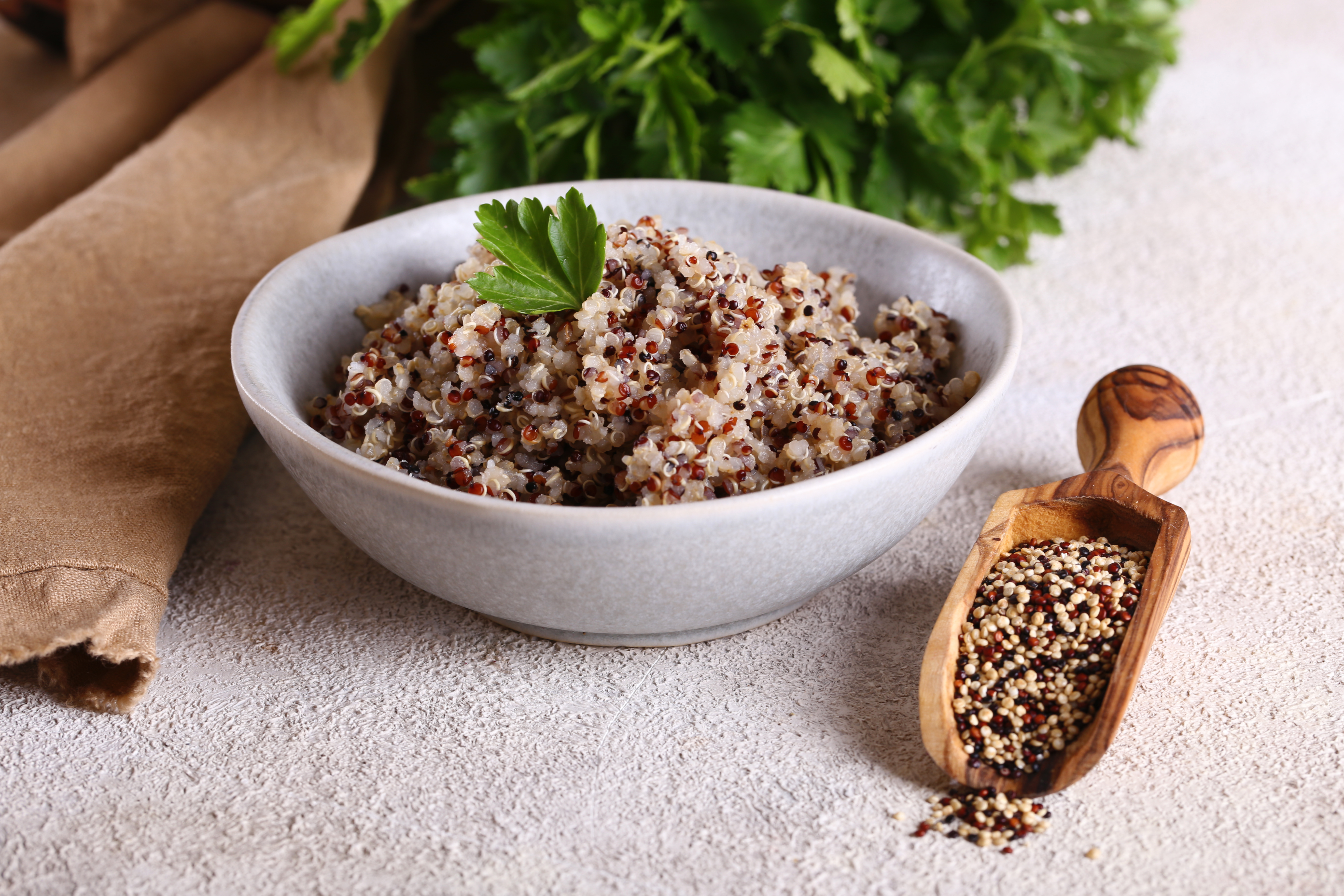
Quinoa, often referred to as a grain, is actually a seed that has been a staple in South American diets for centuries. It is a complete protein, providing all essential amino acids, and contains about 8 grams of protein per cup. Quinoa is also rich in fiber, magnesium, and iron, supporting overall health and muscle function. Its versatility allows it to be used in salads, soups, or as a rice substitute. Quinoa's unique nutritional profile makes it an excellent choice for those looking to increase their protein intake while enjoying a variety of culinary applications.
5. Seitan: The Wheat-Based Protein Alternative
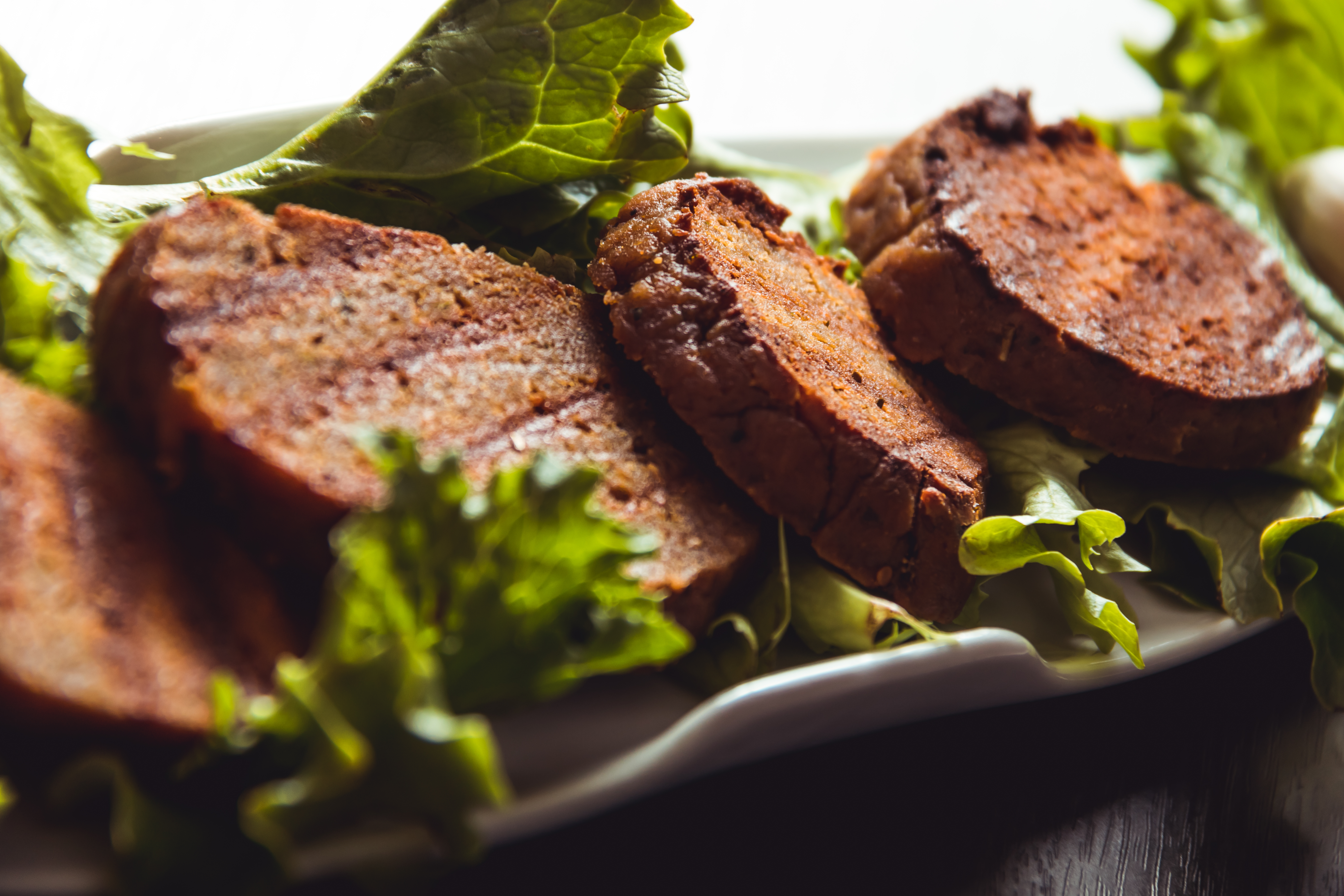
Seitan, often called "wheat meat," is made from gluten, the protein found in wheat. It is a high-protein, low-fat alternative to traditional meats, providing about 25 grams of protein per 3.5 ounces. Seitan's chewy texture and ability to absorb flavors make it a versatile ingredient in stir-fries, stews, and sandwiches. While it is not suitable for those with gluten sensitivities, seitan is an excellent option for vegetarians and vegans seeking a substantial protein source that mimics the texture of meat.
6. Tempeh: Fermented Soy with a Nutritional Edge
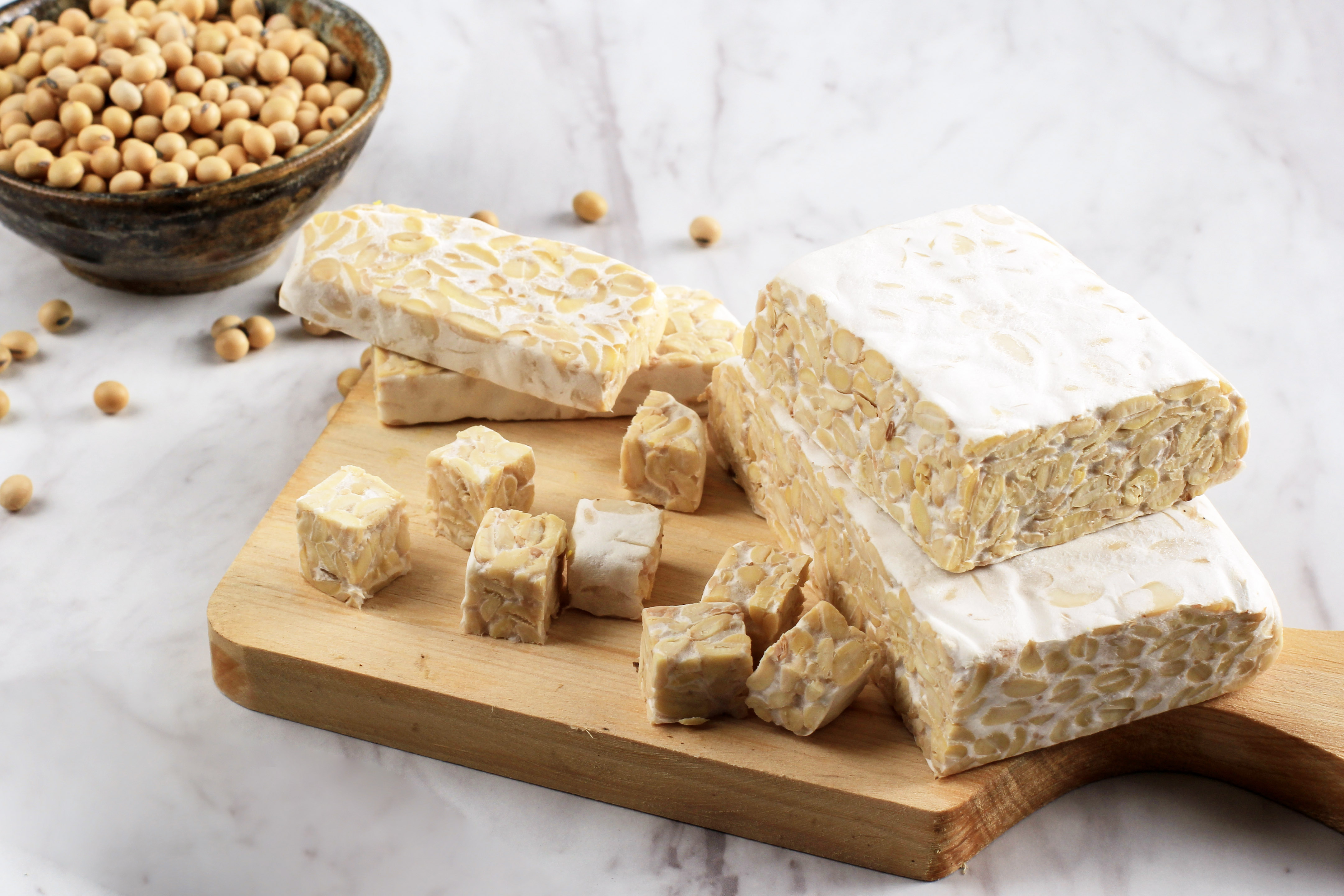
Tempeh is a fermented soy product that originated in Indonesia. It is rich in protein, providing about 15 grams per 3.5 ounces, and is a complete protein source. The fermentation process enhances its digestibility and nutritional value, adding beneficial probiotics that support gut health. Tempeh's firm texture and nutty flavor make it a versatile ingredient in a variety of dishes, from stir-fries to sandwiches. Its nutritional benefits and culinary flexibility make tempeh an appealing protein source for those seeking to diversify their diet.
7. Pea Protein: The Plant-Based Powerhouse
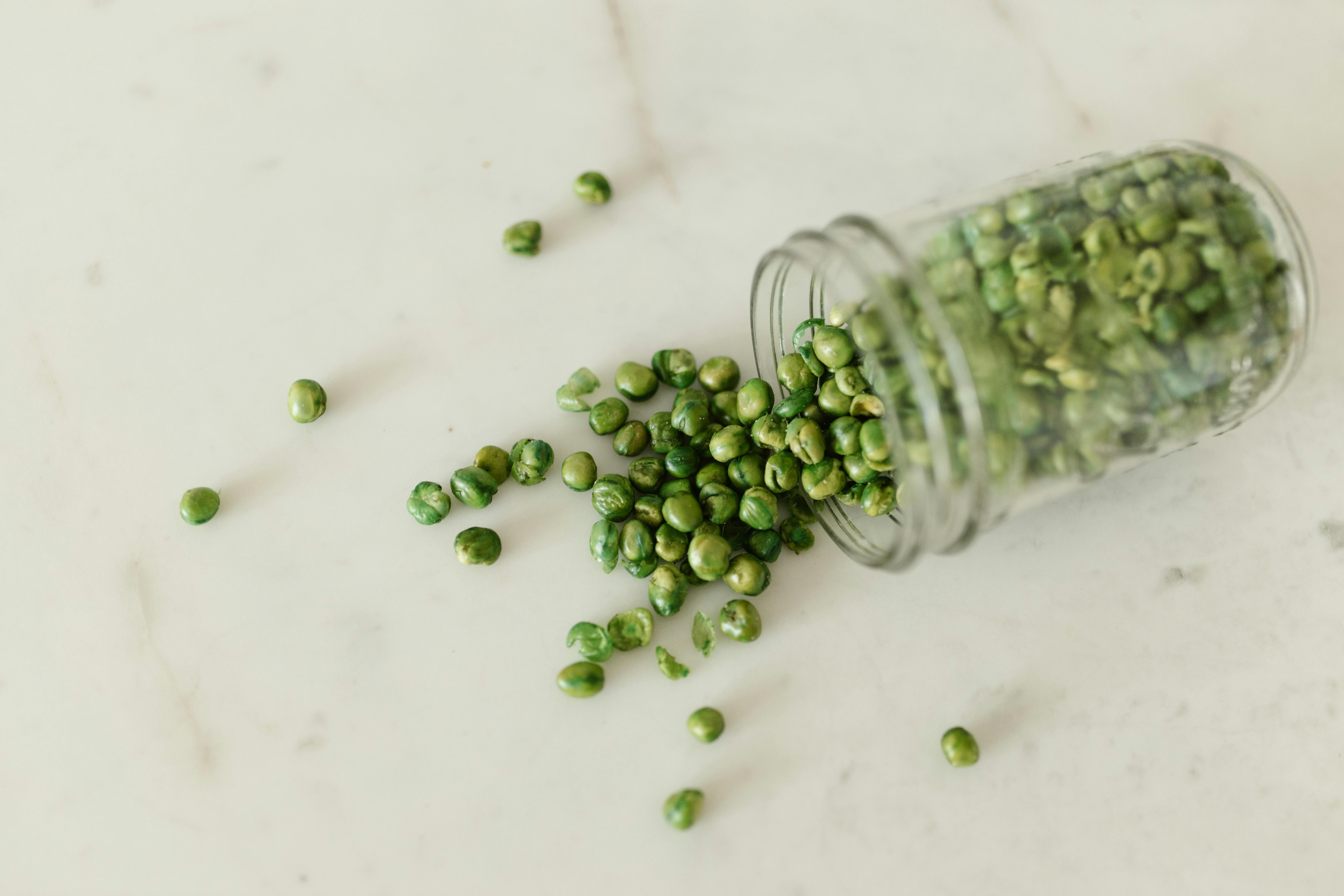
Pea protein is derived from yellow split peas and is a popular plant-based protein source. It offers about 20-25 grams of protein per serving and is rich in branched-chain amino acids, which are crucial for muscle growth and recovery. Pea protein is hypoallergenic, making it suitable for those with dairy or soy allergies. Its neutral flavor and smooth texture make it an ideal addition to smoothies, baked goods, and protein bars. As a sustainable and versatile protein source, pea protein is a valuable addition to any diet focused on muscle gains.
8. Lentils: The Legume Loaded with Protein
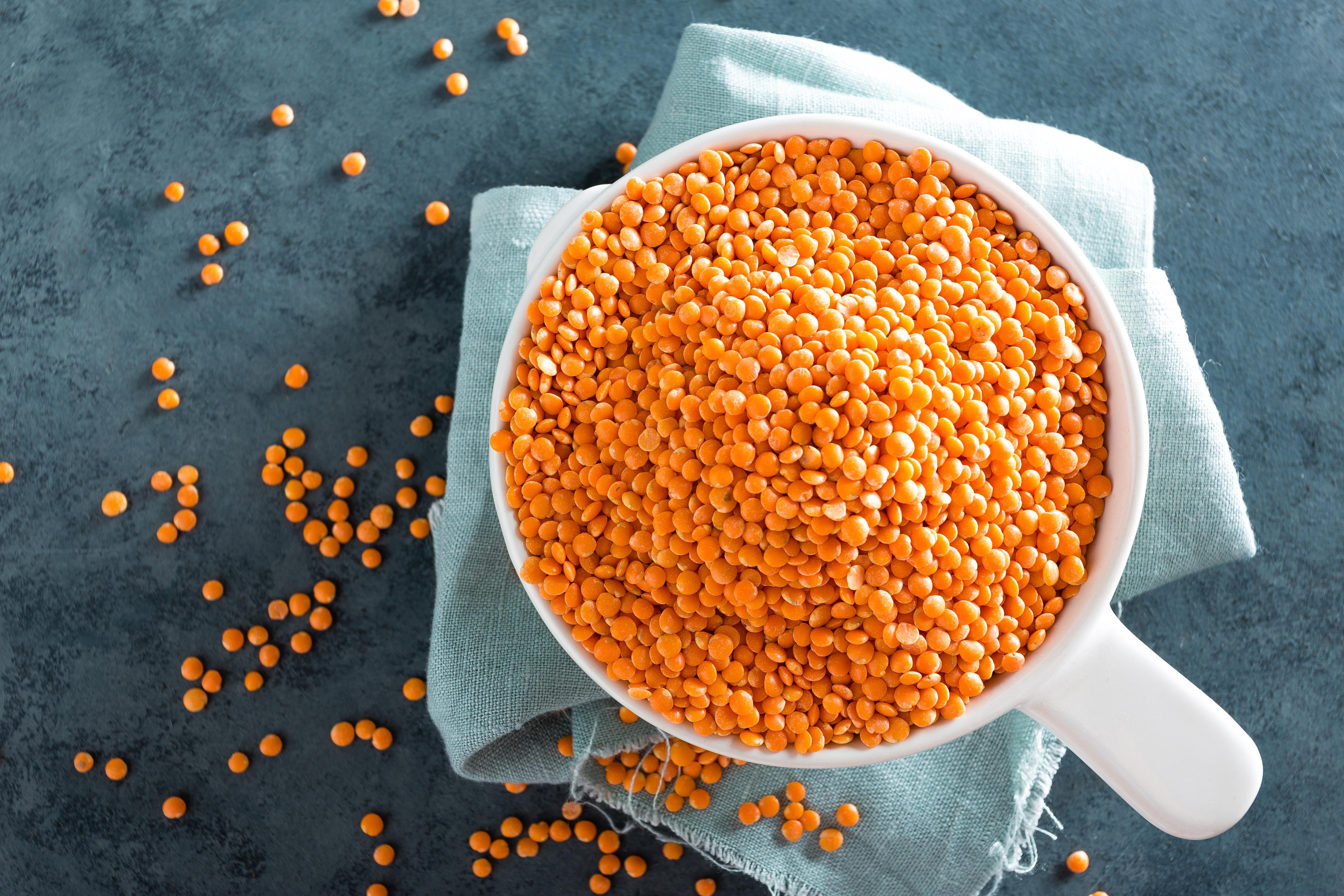
Lentils are a nutritional staple, offering about 18 grams of protein per cup when cooked. They are also rich in fiber, iron, and folate, supporting overall health and energy levels. Lentils come in various colors and sizes, each with a slightly different flavor and texture, making them a versatile ingredient in soups, salads, and stews. Their affordability and accessibility make lentils an excellent protein source for those looking to enhance their diet without breaking the bank. As a plant-based protein, lentils are a valuable addition to any muscle-building regimen.
Embracing the Diversity of Protein Sources
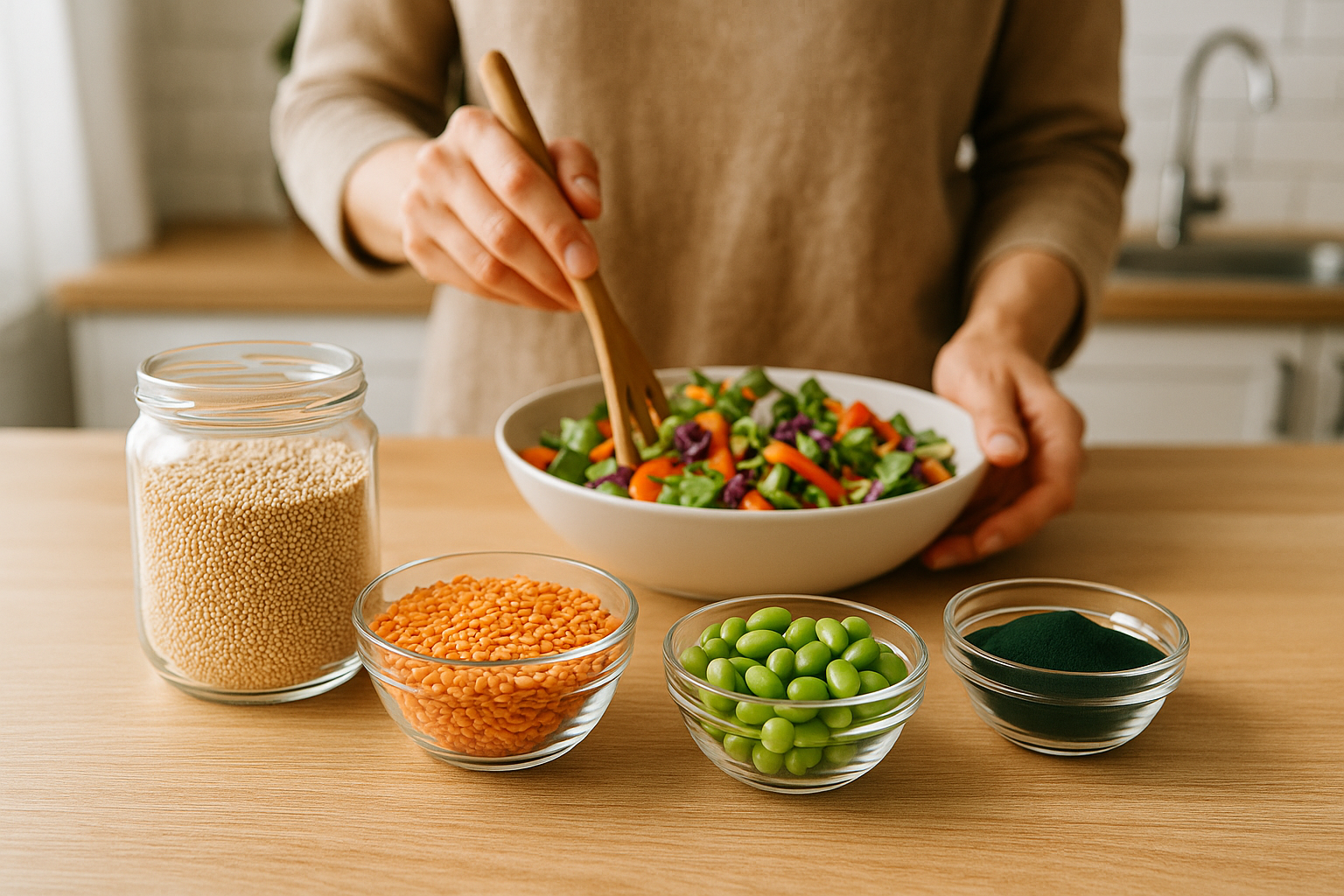
Exploring these unconventional protein sources opens up a world of nutritional possibilities beyond traditional protein powders. Each source offers unique benefits, from sustainability and digestibility to culinary versatility and nutritional richness. By incorporating these diverse options into your diet, you can enhance your muscle-building efforts while supporting overall health and environmental sustainability. Whether you're a fitness enthusiast, a vegetarian, or simply seeking to diversify your protein intake, these unconventional sources provide a wealth of options to supercharge your muscle gains and enrich your dietary experience.
